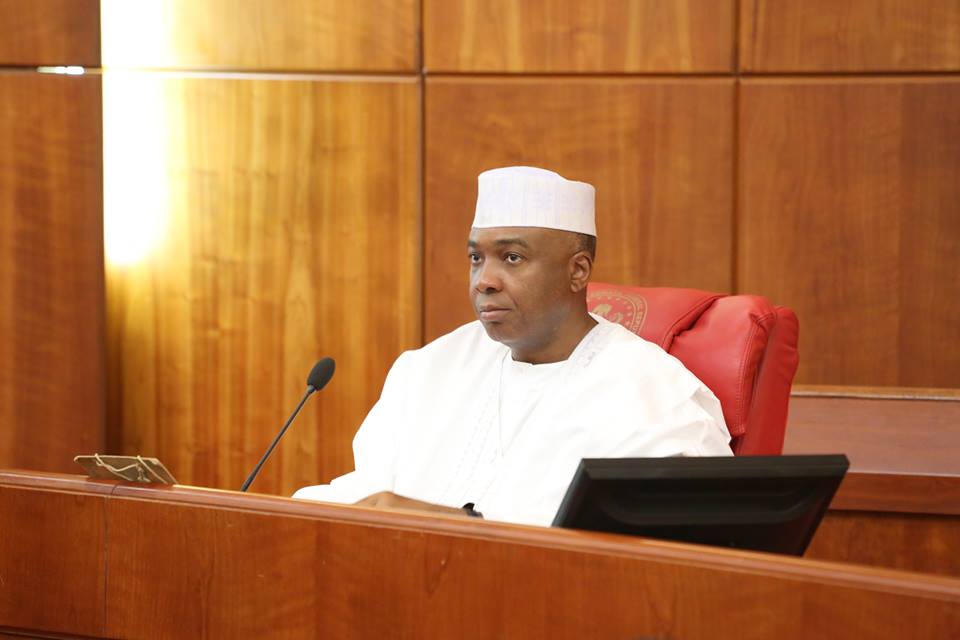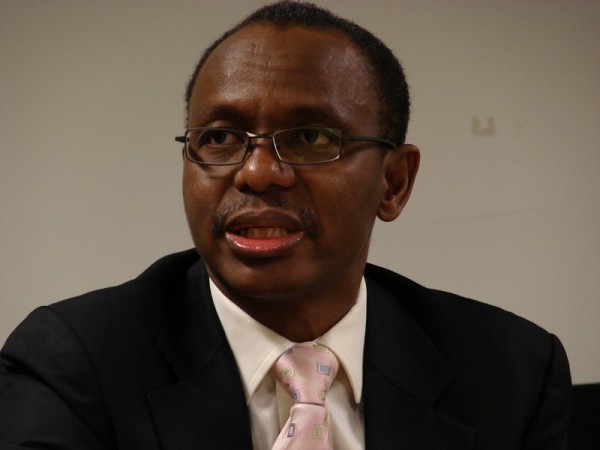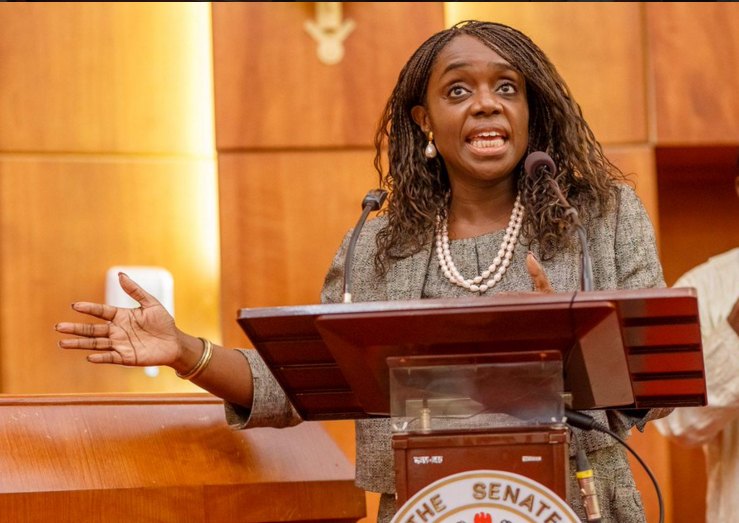It’s not for nothing that the nation’s apex training ground for public policy makers, the National Institute for Policy and Strategic Studies (NIPSS), Kuru, made the current Executive Vice Chairman of the Nigerian Communications Commission (NCC), Prof Umar Garba Danbatta, the first Chief Executive Officer (CEO) of the commission to share his thoughts with participants of its course.
If you are searching for a man to address you on the imperatives of mainstreaming Information Communications Technology (ICT) for poverty reduction in the country, you will no doubt don’t need to go beyond the professor of telecommunications engineering. Indeed, Danbatta is not only at the helm of affairs of an agency in charge of developing the sector, he has already demonstrated unmatched zeal in actualizing his vision on the subject matter. His 8-Point Agenda has, among others, laid emphasis on deepening broadband penetration as well as deployment of other telecommunications infrastructure to stimulate socio-economic development, in the country.
Perhaps no one captures the connotation better than the man who introduced the Professor of telecommunications engineering at the historic event.
“You can’t get a better man to do justice to the topic,” noted Rear Admiral Obi Ofodile, after reading a wonderful citation on the NCC boss.
Advertisement
Interestingly, the NCC chief opened his address with a clarion call to Nigerians at all levels to embrace ICT for not only poverty eradication but economic development. To him, we are living in an era that ICT is sine- quo non to economic growth. You can’t argue with that.
Yet like a physician diligently diagnosing the ailment of his patient, Danbatta lamented failure to tap on the nation’s abundant endowments to fight poverty to standstill as the bane of the nation.
“The poverty level in Nigeria is not a true reflection of our population size, natural and envionmental endowments. This is because the poverty level in the country contradicts the country’s immense wealth.
Advertisement
“The challenge encountered by developing nations is no longer poverty in its traditional sense, but a lack of access to ICT tools and the vast potentials derivable from ICT. ICTs have the potential to combat poverty, be it rural or urban poverty,’’ he pointed out.
The NCC chief was also of the opinion that one of the major challenges for the poor is inability to access information due to the inadequate infrastructure, ignorance or illiteracy. He put the current nation’s broadband penetration at around 7 percent.
“For most developing countries, particularly those with large populations, inadequate infrastructure has made it difficult to participate as equal partners in the worldwide enterprise of knowledge production and dissemination,” he further explained.
The domino effects, according to him are: “unequal distribution of access, resources and opportunities in this new economy”.
Advertisement
Yet if the diagnoses are compelling, the prescriptions, too, are unmistakable. “In Nigeria, ICT must be considered a critical key driver for social development and economic growth. To stimulate the Nigerian economy particularly in production, agriculture and intellectual property, we should aim to improve ICT penetration in both mobile telephony and broadband services to all parts of the country no matter how remote,” he stressed.
He further maintained that ICT interaction and usage in critical sectors like agriculture, health, trade, finance, insurance and transport should be increased since it would automatically affect the nation’s GDP, improve the quality of life, reduce dependency on forex and improve the value of naira.
He, however, noted that, ICTs are not simply a connection between people, but a link in the chain of the development process; and its contribution to socio-economic development cannot be over-emphasised adding :“It goes without saying that ICTs have the potential to combat poverty, be it rural or urban poverty. It will also foster sustainable development if appropriately deployed and made to address the diverse discrepancy in the ICT needs of people of all locations, age group and economic status.”
Besides, he said investment in ICT alone was not enough for development to occur and be sustained or for poverty to be eradicated, noting that successful ICT poverty reduction interventions could only be achieved with an enabling environment, participation of the private sector and non-governmental organisations, free flow of information, access to ICT by women and youths, and capacity building.
Advertisement
He said, “Consequently, ICTs may be regarded as an enabler of other developmental efforts and infrastructure required for sustainable development. Only a banquet of strategies duly implemented can attempt to resolve the global menace of poverty.
“The challenge for the poor is inability to access information due to inadequate infrastructure, ignorance or illiteracy. The availability of information sources for the poor should be of great concern if poverty is to be reduced.
Advertisement
“For most developing countries, particularly those with large populations, inadequate infrastructure has made it difficult to participate as equal partners in the worldwide enterprise of knowledge production and dissemination.”
Danbatta thereby asserted that ICTs are critical resource in the promotion of socio-economic development, with a potency to alleviate poverty which is caused as a result of lack of access to ICT tools and know-how.
Advertisement
At the end of this brief piece, I can’t find a more eloquent word to concur with Danbatta that “we must all join hands, support the government, protect our resources and infrastructure, grow our economy and push poverty away from our nation for the benefit of all Nigerians”.
Musa, special assistant (media) to the EVC of NCC, wrote in from Abuja.
Advertisement
Views expressed by contributors are strictly personal and not of TheCable.
Add a comment







